Share on:
Many on-premise phone system (PBX) manufacturers claim that the 5 year costs of their systems are lower than an equivalent Cloud PBX alternative. What the premises guys don’t tell you is all the little extra hidden costs that come as a result of the limitations of the hardware and software in their systems. This blog will provide you with useful questions to ask your PBX manufacturer to discern if you are getting the full picture on the cost of their system.
How can an on-premise phone system (PBX) cope with peaks and troughs in demand? They can’t. You have to buy capacity for the peak utilisation – which may only occur for a couple of weeks a year – upfront, but is so critical to your business that you have to carry the additional costs for the whole year. With hosted you can just pay for the peaks as and when they occur.
Question to ask:
Adding site redundancy will add at least an extra system to your costs. Look at how your on-premise phone system (PBX) handles calls if you lose the equipment room due to flood, fire or electrical failure. Because hosted is in the cloud, your business communications service is always available on multiple devices and in alternative locations.
Question to ask:
An on-premise phone system rely on servers for features like call recording that have a finite disk capacity. When you run out of space, you cannot record any more calls. Not great if you have a regulated requirement that necessitates calls are recorded. With hosted, the recording capacity is delivered via cloud storage so you don’t need to worry about on-premise storage capacity, or back up.
Questions to ask:
The average lifespan of an on-premise phone system is about 7 years, mainly due to the hardware going obsolete in that time. You may also discover features your business relies on that are no longer being upgraded, leaving you with a system that cannot meet your future business needs. Cloud is an evergreen platform that continually adds new features that regularly improve your employee productivity.
Questions to ask:
Mobile integration with the PBX is often cumbersome and ends up with additional call charges on the PBX trunks with calls being hair pinned in and out of the system.
Questions to ask:
Smaller PBX systems in particular are prone to fraud attacks that can leave huge bills to be paid by the business who is attacked. With cloud, your phone system is protected in a highly secure telco network. It’s a bit like keeping your money under the mattress or putting it in the bank.
Questions to ask:
With PBX systems you need to factor in ongoing maintenance costs of on-premise hardware and storage, power and cooling requirements for all the server hardware that may fail due to spikes in power supply or overheating. With cloud, all the system hardware is located in the telco data center so you have no direct maintenance costs.
Questions to ask:
Need to integrate with a CRM system? This is the most common requirement of a PBX and normally costs you extra to get a system integrator to perform what can be a complex task. With cloud based systems the integration is already done and can be switched on at a moment’s notice.
Questions to ask:
The more features you switch on in an on-premise system the more likely it is that your system will need an upgrade to the processor board. Rarely factored in at the time of purchase. That can end up costing you thousands because you are in effect replacing the entire core of the system. With cloud, your performance never changes with virtually limitless amounts of processor capacity available in the telco cloud.
Questions to ask:
10. Management
System management can be costly and is often overlooked. Phone systems need to be maintained.
That can cost a lot especially if integrated with other applications/IT services. Outsourced management to a third party will incur charges for a minimum number of service calls per year regardless of use. With cloud all your management is performed simply via web interfaces.
All remote sites can be easily managed from a central location without a large number of field personnel.
Questions to ask:

Contact Us
Address: Unit 4, 2nd Floor, Dane Mill, Broadhurst Ln, Congleton CW12 1LA
General Enquiries